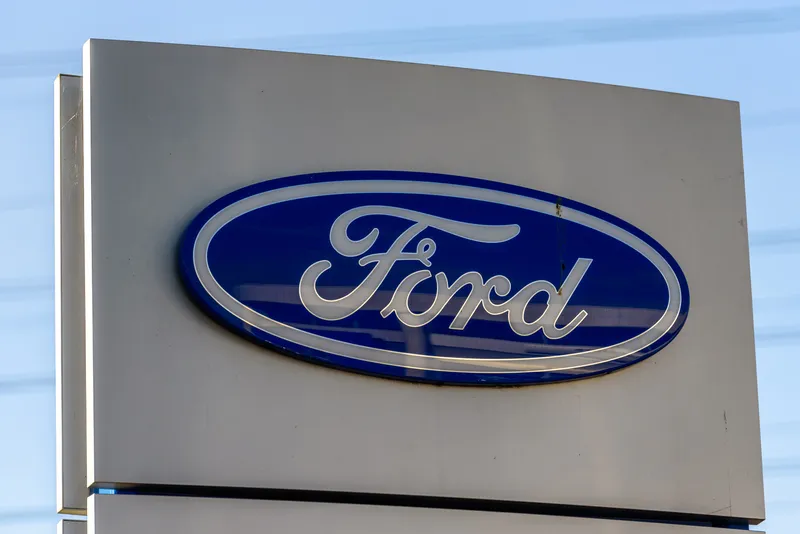More and more cities in Europe and around the world are turning to electric buses (or e-buses) in an effort to go green according to UITP’s new ZeEUS eBus Report.
The report, published as part of the Zero Emission Urban Bus System project, reveals that 19 public transport operators and authorities, covering around 25 European cities, have a published e-bus strategy for 2020. By this date, there should be more than 2,500 electric buses operating in these cities, representing six per cent of their total fl
January 11, 2017
Read time: 3 mins
More and more cities in Europe and around the world are turning to electric buses (or e-buses) in an effort to go green according to UITP’s new ZeEUS eBus Report.
The report, published as part of the Zero Emission Urban Bus System project, reveals that 19 public transport operators and authorities, covering around 25 European cities, have a published e-bus strategy for 2020. By this date, there should be more than 2,500 electric buses operating in these cities, representing six per cent of their total fleet of 40,000.
Meanwhile, more than 13 public transport operators and authorities in a further 18 European cities have a strategy up to 2025; by then, they are expected to have more than 6,100 electric buses in service, representing 43 per cent of their total fleet of 14,000.
The report also includes a market analysis conducted among bus manufacturers, which indicates that a European series production of electric buses should reach full maturity by 2018-2020. These developments all bode well for the uptake of fully electric buses in the near future, since demand and supply are now beginning to converge.
The report gives an overview of the electric buses in operation in Europe today, along with the different solutions available on the market, featuring 61 cities around Europe that operate or test high capacity e-buses (at least 12m long or with capacity for at least 55 passengers). The publication also lists 27 manufacturers that offer this type of vehicles for the European market.
A wide range of technological solutions exist for the electrification of public transport, but every choice is dependent on the local situation and can result in a different total cost of ownership and the report offers an overview of experiences from various cities regarding the feasibility of implementing e-buses.
Looking wider afield, the report estimates the worldwide e-bus fleet to have reached approximately 173,000 in 2015. China is leading this global mass deployment, with more than 98.3 per cent of the global total (170,000 buses) operating in cities including Beijing, Shanghai and Shenzhen. These developments are strongly endorsed by Chinese government policy, which includes a ‘new energy buses’ programme, aiming to produce 1.67m electric vehicles (including e-buses), and to create 1.2m jobs annually from 2010-2020.
In terms of scale, Europe follows Asia with over 1,300 electric buses delivered or on order. This figure includes battery buses (overnight and opportunity charged), plug-in hybrid buses and trolleybuses with batteries for off-wire operation. The greatest number of electric buses of the above types can be seen in the United Kingdom, with over 18 per cent of the total European fleet, followed by the Netherlands, Switzerland, Poland and Germany, with around ten per cent each.
The report, published as part of the Zero Emission Urban Bus System project, reveals that 19 public transport operators and authorities, covering around 25 European cities, have a published e-bus strategy for 2020. By this date, there should be more than 2,500 electric buses operating in these cities, representing six per cent of their total fleet of 40,000.
Meanwhile, more than 13 public transport operators and authorities in a further 18 European cities have a strategy up to 2025; by then, they are expected to have more than 6,100 electric buses in service, representing 43 per cent of their total fleet of 14,000.
The report also includes a market analysis conducted among bus manufacturers, which indicates that a European series production of electric buses should reach full maturity by 2018-2020. These developments all bode well for the uptake of fully electric buses in the near future, since demand and supply are now beginning to converge.
The report gives an overview of the electric buses in operation in Europe today, along with the different solutions available on the market, featuring 61 cities around Europe that operate or test high capacity e-buses (at least 12m long or with capacity for at least 55 passengers). The publication also lists 27 manufacturers that offer this type of vehicles for the European market.
A wide range of technological solutions exist for the electrification of public transport, but every choice is dependent on the local situation and can result in a different total cost of ownership and the report offers an overview of experiences from various cities regarding the feasibility of implementing e-buses.
Looking wider afield, the report estimates the worldwide e-bus fleet to have reached approximately 173,000 in 2015. China is leading this global mass deployment, with more than 98.3 per cent of the global total (170,000 buses) operating in cities including Beijing, Shanghai and Shenzhen. These developments are strongly endorsed by Chinese government policy, which includes a ‘new energy buses’ programme, aiming to produce 1.67m electric vehicles (including e-buses), and to create 1.2m jobs annually from 2010-2020.
In terms of scale, Europe follows Asia with over 1,300 electric buses delivered or on order. This figure includes battery buses (overnight and opportunity charged), plug-in hybrid buses and trolleybuses with batteries for off-wire operation. The greatest number of electric buses of the above types can be seen in the United Kingdom, with over 18 per cent of the total European fleet, followed by the Netherlands, Switzerland, Poland and Germany, with around ten per cent each.








